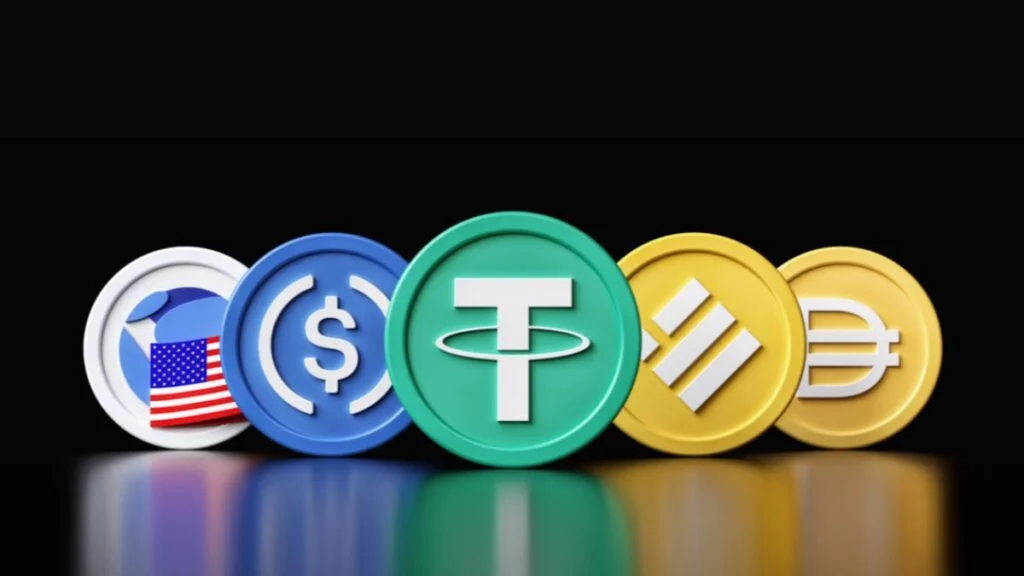The Financial Services Agency (FSA) of Japan will lift the ban on the domestic distribution of foreign-issued stablecoins in 2023.

Major cryptocurrency regulations relating to the usage of stablecoins like Tether ($USDT $1.00) or USD Coin ($USDC $1.00) are being reexamined by Japanese regulators.
According to local news outlet Nikkei, Japan’s Financial Services Agency (FSA) will end its ban on the domestic circulation of foreign-issued stablecoins in 2023.
According to the new stablecoin regulations in Japan, local exchanges will be authorized to conduct stablecoin trade as long as assets are preserved through deposits and there is a maximum remittance amount.
International remittances may become quicker and more affordable if stablecoin payment expands, the research warns. According to the FSA, further laws regarding anti-money laundering measures will be necessary in order to permit stablecoin distribution in Japan.
On Monday, the authorities began gathering comments on ideas for easing the stablecoin restriction in Japan. As was previously reported, a law to prohibit stablecoin issuance by non-banking institutions was approved by the Japanese parliament in June 2022.
Given that there are currently no local exchanges offering trading in stablecoins like USDT or USDC, the most recent legislation will have a substantial influence on cryptocurrency trading services provided in Japan.
As of November 30, 2022, none of the 31 Japanese exchanges registered with the FSA, including companies like BitFlyer and Coincheck, were handling stablecoin trading, according to official data.
BitFlyer, one of the largest cryptocurrency exchanges in Japan, trades a total of five cryptocurrencies at the time of writing, including Bitcoin (BTC $16,836), Ether (ETH $1,215), Bitcoin Cash (BCH $103), XRP (XRP $0.36) and Stellar (XLM $0.075), according to data from CoinGecko.
Recently, the Japanese government has been working hard to develop legislation relating to cryptocurrencies. The tax committee of Japan’s ruling Liberal Democratic Party adopted a proposal on December 15 that would have exempted cryptocurrency companies from having to pay taxes on tokens issued for paper gains. Local authorities have already advised against using algorithmic stablecoins like TerraUSD (UST).
